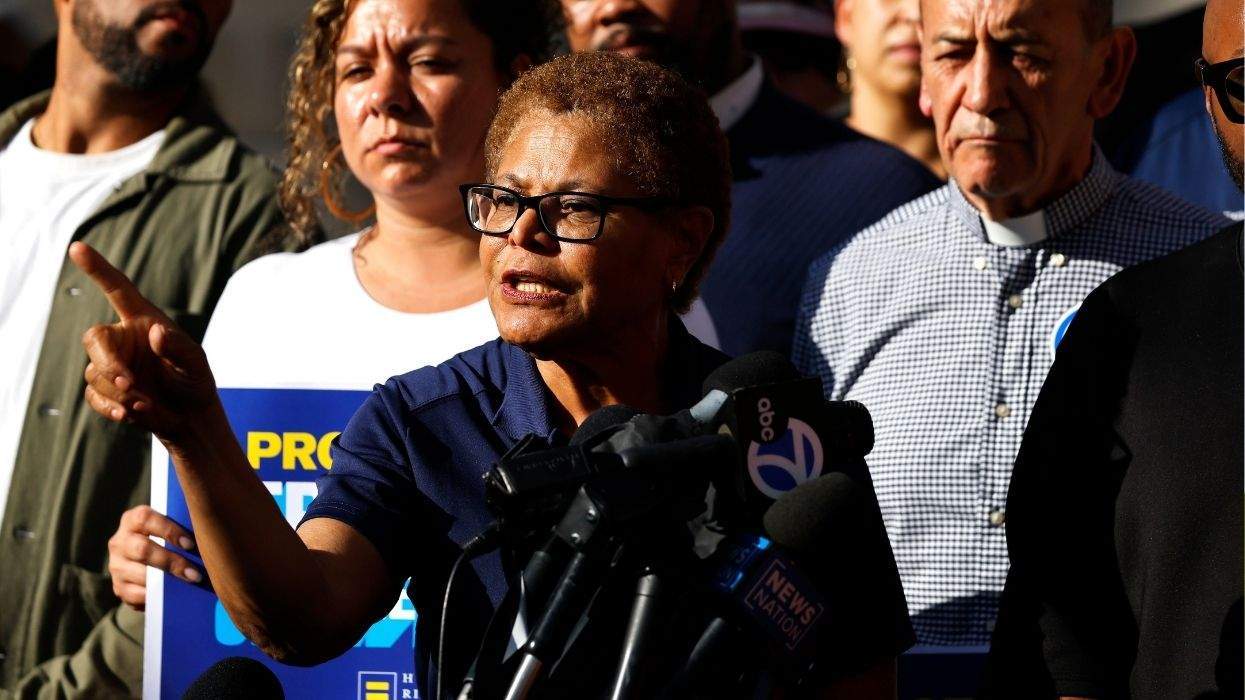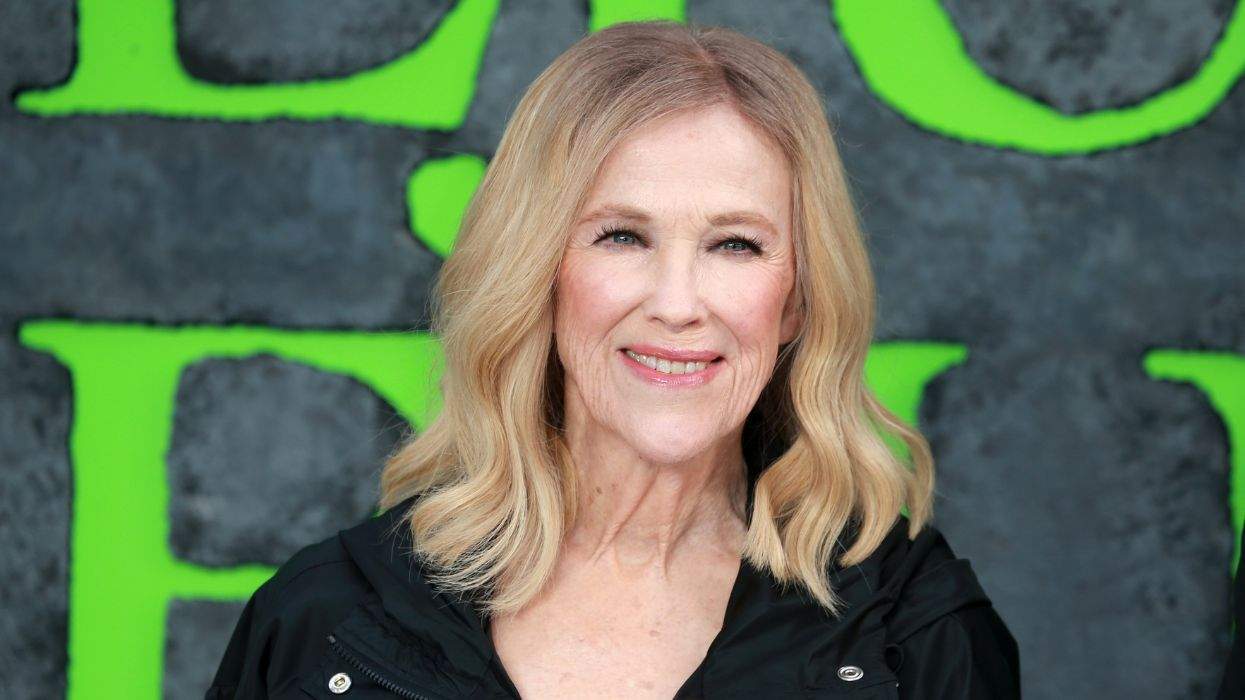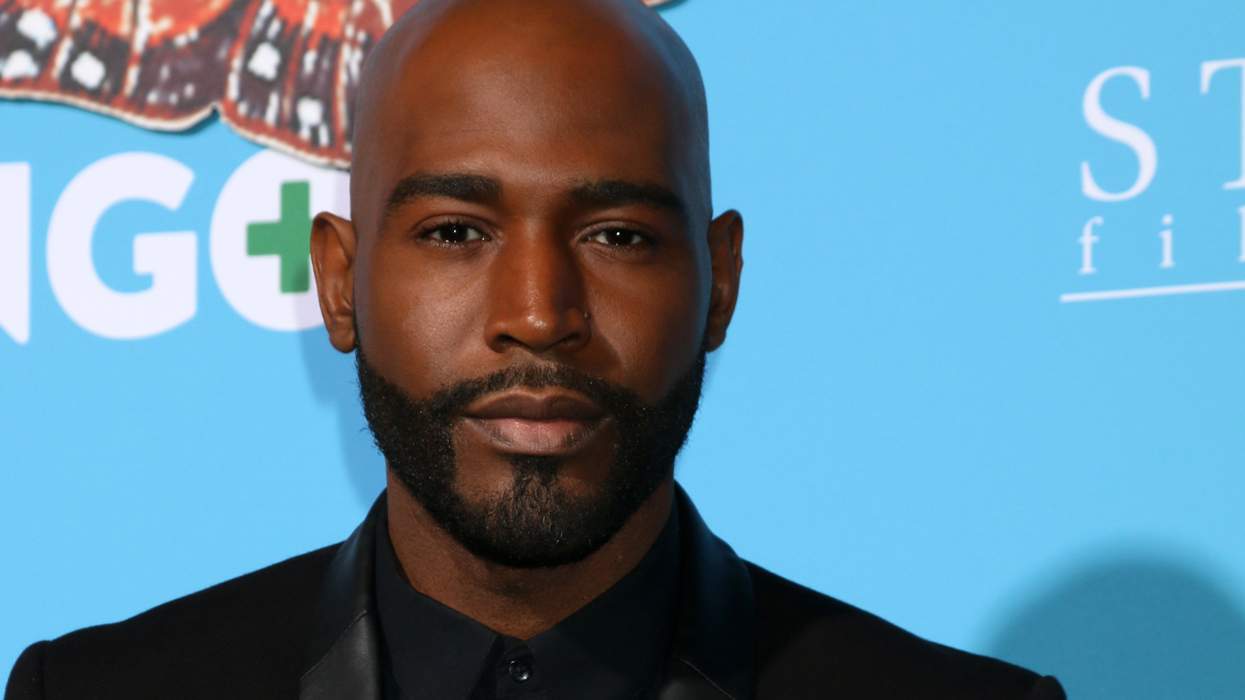The recent tragedy involving two Orange County, Calif., transgender women of color -- the death of Katya De La Riva and arrest of Valeria De La Luz for allegedly giving Katya silicone injections that authorities claim caused Katya's death -- brings many of the issues faced by transgender people to the surface. Low-income and immigrant transgender women of color, especially, are often faced with issues of acceptance, identity, discrimination, and transphobia. This tragic sequence of events shines a spotlight on the unique challenges many transgender people face in accessing the resources and affordable health care they need.
While there is much confusion and ignorance among the general population about transgender people, both Katya and Valeria were very well known and loved by their local communities. Valeria is a friend and colleague to many in the LGBTQ immigrants' rights community in Los Angeles.
"Valeria is a powerful immigrants' rights organizer," said Isa Noyola, program manager for the Transgender Law Center and national advocate for El/La Para TransLatinas. "She cares for her community and her chosen familia."
Katya was also a leader in the immigrant and transgender communities whose struggles for acceptance resonated for many.
"Katya was an exceptional human being," said Bamby Salcedo, president of the TransLatin@ Coalition. "Katya was not only beautiful but also smart, compassionate, caring, kind-hearted and loving. The loss is even more painful because so many trans women have been killed in recent months. Our community is in a continuous state of grief."
Nonetheless, dehumanizing and incomplete media coverage of Valeria and Katya has not helped. Multiple news outlets refuse to use proper pronouns in referring to the two women. The New York Daily News referred to Valeria as a "Calif. Man" in its headline, Fox News Latino referred to Valeria as "a transgender" and used male pronouns to describe both Valeria and Katya. The Los Angeles Times printed male names for both Valeria and Katya, noting that "authorities did not yet provide a gender identification" for Valeria, drawing speculation about Valeria's gender.
The misgendering of Valeria by the media and the identification of Valeria and Katya by male names is humiliating and cruel to both women, and insensitive and offensive to transgender people. It is also contrary to the recommendations of the Associated Press Stylebook.
What's even more disturbing about the news accounts of Katya's death and Valeria's arrest is that none of the articles offer any context or discussion about why many transgender women, particularly immigrant and poor women, access silicone injections from people who do not have licenses. As a New York Times article, "The High Price of Looking Like a Woman" explained, it is not unusual for transgender women to seek silicone injections from unlicensed sources. And across the board, transgender people face widespread discrimination in public and private health insurance, barred from accessing the full range of medically necessary health care. In fact, many transgender women don't have any health insurance at all. According to the Center for American Progress, transgender people are more likely to be without health insurance than cisgender (nontransgender) people. The National Center for Transgender Equality and the National LGBTQ Task Force found that transgender people live in poverty at four times the national average, and a staggering 19 percent of transgender people report lacking any form of health insurance, including Medicaid.
Many transgender people are discriminated against in employment and are not hired for or fired from jobs that provide health insurance benefits. Transgender people of color are especially impacted by this lack of access to insurance -- one in every three black transgender respondents in a nationwide survey of more than 6,400 transgender people reported being uninsured. Even if transgender people have health insurance coverage, policies frequently contain transgender-specific exclusions that deny them coverage regularly provided to cisgender people, meaning that transition-related health care, including hormone therapy and surgeries, are not covered.
Undocumented immigrants have virtually no ability to obtain health insurance that could pay for transition-related care. Even immigrants who receive green cards have to wait five years before they are eligible for coverage under the Affordable Care Act. As it stands now, undocumented people and Deferred Action for Childhood Arrivals recipients are even excluded from purchasing from their own pockets the affordable health insurance options under the ACA. In California, an estimated 1 million undocumented people do not have health insurance. Most undocumented transgender women have no health insurance and cannot get transition-related care that is safe and administered by a licensed doctor or medical practitioner.
Given these bleak statistics about our communities' access to health care, it is not that surprising that many transgender women are forced to turn to unlicensed sources, potentially putting their health and lives in danger. We don't know whether Katya had health insurance, but we do know that she made the choice to turn to another transgender woman for silicone treatments. Access to health care can prevent tragedies like Katya's death and Valeria's arrest. We need to end the discrimination that transgender people face in accessing medically necessary health care. No one should have to resort to alternative treatments in nonmedical settings because they lack insurance or their insurance contains discriminatory exclusions.
Unless the public, media, and courts understand the depth of discrimination against transgender people in health care and beyond, justice will not be served.
CARMINA OCAMPO is a Lambda Legal staff attorney. MARCO CASTRO-BOJORGUEZ is a Lambda Legal community educator. For more, visit Familia: TQLM.















Charlie Kirk DID say stoning gay people was the 'perfect law' — and these other heinous quotes
These are some of his worst comments about LGBTQ+ people made by Charlie Kirk.